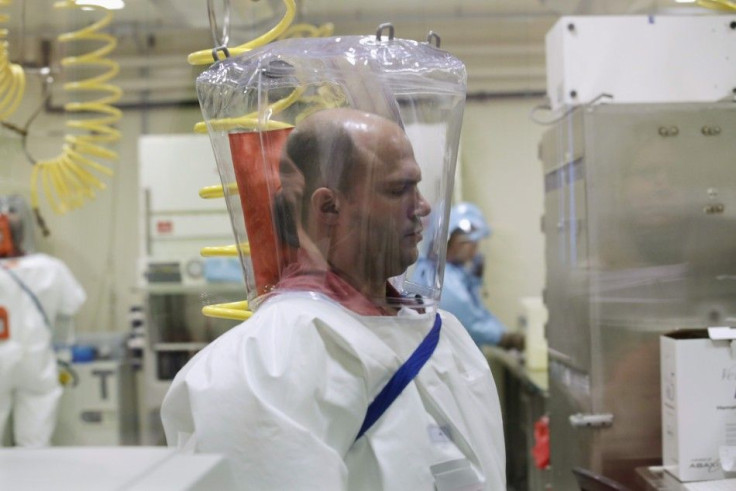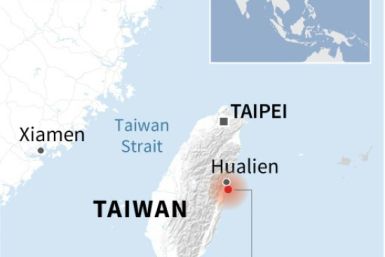Canada Allows Govt Scientists Trade Union Rights Without Compromising On Work

The Government of Canada has given permission to scientists working in government organisations to hold trade union meetings at their workplace. This follows, Environment Canada yielding to the demand by protesting scientists, who were seeking change in rules for collective bargaining.
Environment Canada notified the trade union--Professional Institute of the Public Service of Canada, representing federal scientists about this and said guidelines have been revised for union activities and PIPSC can hold meetings at the department’s offices. But the condition is that the union must notify the department at least five days’ in advance and serve a copy of its agenda in advance, before booking the room for meeting.
Muzzling alleged
In mid May, PIPSC president Debi Daviau led scientists in a string of outdoor protests across the country, alleged muzzling by the Conservative government and acuused it of oppressive action on the union by disallowing the union to hold meetings with members in their work places.
Reacting to the government’s softened response, Daviau called it an important victory but said, “it’s one we should not have had to fight for.” But the change of heart is not looking uniform, he saidm as PIPSC said Heath Canada still cancelled a union meeting that was previously scheduled. PIPSC represents more than 15,000 scientists, researchers and engineers across government and it had been on war path, demanding better working conditions including the right of scientists to speak about their work. It held protests at the parliament hill, recently.
PIPSC leaders said they used to have regular on-site noon meetings at Environment Canada’s Gatineau office, but that longstanding practice was reversed as the union was denied a room for meeting. The PIPC also cited a series of such discriminatory actions at Environment Canada offices in Burlington and Dorval, National Defence in Montreal, the National Research Council in Ottawa and in Tunney’s Pasture.
More Protection Sought
The Globe and Mail reports that the unrest among scientists are part of the ongoing bargaining as the federal government is in a process of renewing contracts of public sector staff. The Scientists want to enshrine key provisions in their contracts that guarantee against political harassment or muzzling. They also want incorporation of scientific integrity language to ensure that researchers employed by the government can speak openly about their work, publish results without fearing censorship and can collaborate productively with peers.
If the government agrees to the demand of scientists, that will mark a precedent-setting turn in the struggle between intellectual independence and political prerogative. Critics say that Government scientists are vulnerable to political pressures from those in power and the tensions have only grown acute under the Conservatives. Recently, a leading scientist named Steve Campana made news when he quit a long career with Fisheries and Oceans Canada, citing official muzzling.
(For feedback/comments, contact the writer at k.kumar@ibtimes.com.au)






